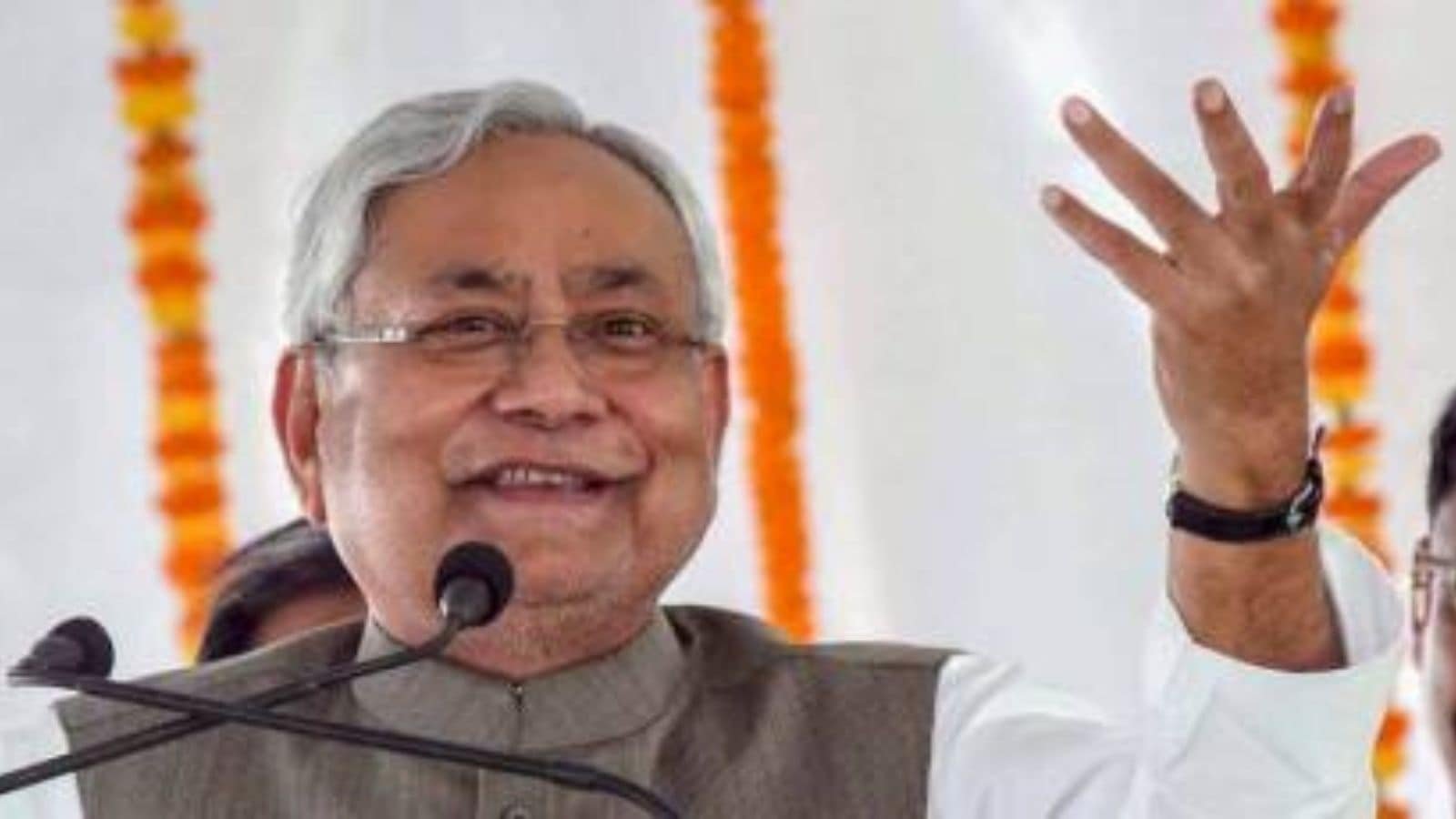Two advocates have written to Attorney General for India R Venkataramani, seeking his consent to initiate criminal contempt proceedings against Sanjeev Sanyal, member of the Economic Advisory Council to the Prime Minister, for his recent remarks on the judiciary and the legal profession.
At an event by the General Counsels’ Association of India in Delhi on September 19, Sanyal had described the judiciary as the “biggest hurdle” to Viksit Bharat, among other observations.
In their letter dated September 25, Rohit Pandey, former secretary of the Supreme Court Bar Association and Ujjawal Gaur, Supreme Court advocate, stated that “his lack of appreciation of the judiciary’s constitutional role and the professional responsibilities of lawyers, coupled with the derisive tone of his repeated statements, if left unchecked, may weaken one of the last institutions in which the people of India continue to repose trust”.
The development follows senior advocate Vikas Pahwa writing to Sanyal, calling his recent remarks “troubling” and “unfortunate”. In his letter dated September 23, Pahwa said such observations by Sanyal “risk being perceived as sweeping and dismissive of an institution that is the very backbone of our constitutional framework”.
Sanyal had commented on practices such as three-month vacations in courts, addressing judges as ‘my lords’ and using terms such as ‘prayers’ in petitions.
In his letter, aimed at “addressing the concerns” raised by Sanyal, Pahwa stated, “The judiciary does not obstruct progress, although it ensures that development takes place within the framework of constitutional values, individual liberty, and fairness. To call it the biggest hurdle is extremely unfortunate. I think efficiency is important, but judicial independence and constitutional oversight cannot be compromised for speed alone.”
Highlighting that the judiciary has been adopting reforms, including implementing legislative requirements such as pre-litigation mediation under the Commercial Courts Act, Pahwa further said, “The courts have implemented it in good faith, but if it is not working effectively, the responsibility lies in legislative design rather than judicial inaction. These examples show why responsibility must be apportioned fairly.”
Story continues below this ad
“The delays in enforcement often stem from inadequate infrastructure and unfilled vacancies — matters requiring executive attention, you may kindly note,” Pahwa has pointed out.
Urging that reforms “must come through dialogue and collaboration — not confrontation,” Pahwa emphasised in his communication that “such critique must be accurate, balanced, and mindful of constitutional roles”.
“To weaken public confidence in the judiciary is to weaken the very fabric of our democracy. At a time when public confidence in many institutions is wavering, the judiciary remains one institution in which people continue to repose faith and trust,” Pahwa’s letter notes.




